The Centre for Entrepreneurship is delighted to announce that Bournemouth University student Alice Parlett’s Bumblebee Nest business idea – called Cub-Bee-Hole – and Peter Ramsey’s student website – Move’m – have been short-listed as two of the 10 most outstanding business ideas for the Santander 60 Second Pitch. Vote for your favourite Student Business
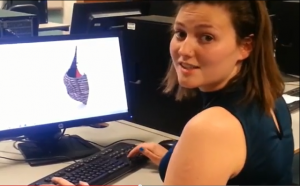
Alice, a final year Industrial Design student at BU, recently attended the CfE’s Business Ideas Generator Hackathon and successfully pitched to our Dragon’s Den-style event for a small amount of funding to investigate an early prototype of her product. Alice’s business idea is conservation and stunning design beautifully interwoven with current market trends. The Cub-Bee-Hole is an aesthetically pleasing hive for bees that adheres to your window, allowing you to view the bees in action whilst encouraging nesting and reproduction in a safe, nurturing home for the bees.
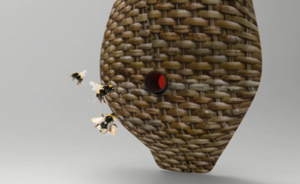
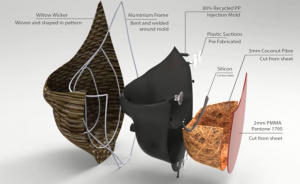
Essential to our ecosystem, bumblebees are dying out. Yet, bumblebees pollinate 1/3 of our food! Alice’s product is a woven wicker bee home that sticks to your window, with a design that allows you to see the bees nesting and at work, whilst preventing the bees from being disturbed by you.
Targeting conservationists, gardeners, farmers, parents, this product is a registered design and could be seen at the Flower Shows, Chelsea stores and garden stores nationwide soon… with your help.
Stunning aesthetics – on trend – conservation-minded – raising awareness – educational – fun.
Alice is pitching for £1500 to create a prototype that she can use to launch her business.
Move’m are also a Bournemouth University student business who have set up a website that helps student find out about rental properties from other students reviews before starting a tenancy.


Have you ever moved in to a property to find that there is mould on the bathroom ceiling, the roof is leaking and the landlord isn’t answering his phone…ever!? These are things that were certainly not mentioned on the viewing, yet when you take the tenancy, it is too late.
Have you ever moved in to a property to find that there is mould on the bathroom ceiling, the roof is leaking and the landlord isn’t answering his phone…ever!? These are things that were certainly not mentioned on the viewing, yet when you take the tenancy, it is too late.
Move’m has created a website where any student can review his/ her experience so that the next tenant can be confident in the property that they are moving into.
Searching for the right student accommodation has never been easier… and Move’m need £1,500 to help them develop their business further to help more students
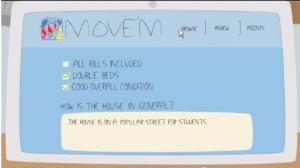
***At the time of going to press, Alice’s bumblebee Nest Concept business is in 2nd place with 109 votes to Ulster University’s Little Creation’s 171 votes. Move’m is currently in 8th place with 30 votes.***
Do you have time to vote for one of the student businesses? Registering is as simple as inserting your email address and password and you have just one vote, so please make it count by voting for your favourite student entrepreneurs – Vote for your favourite Student Business
We wish both businesses all the best of luck! #BUPROUD


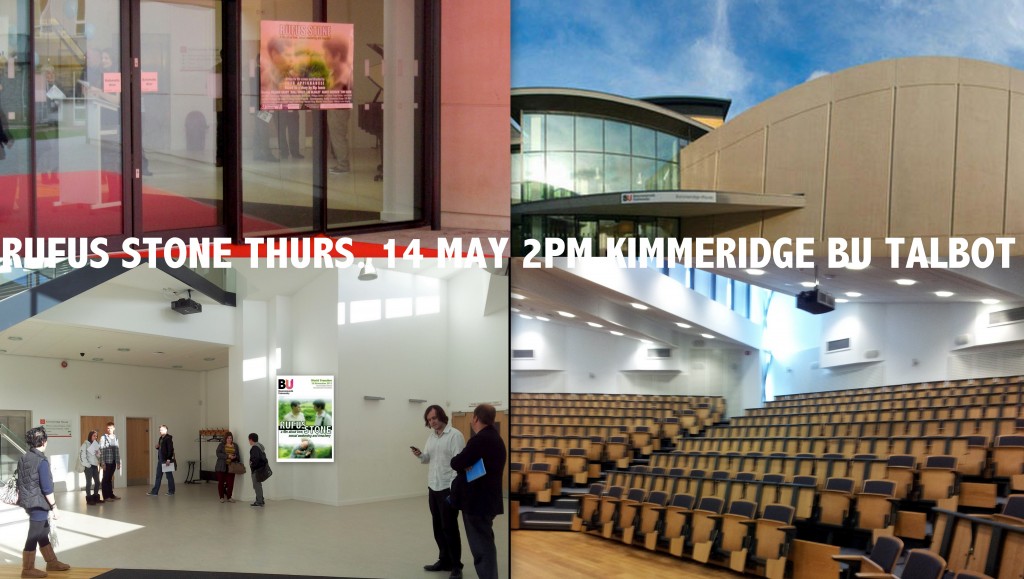


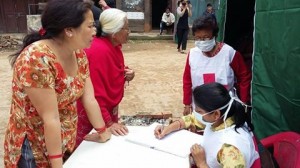


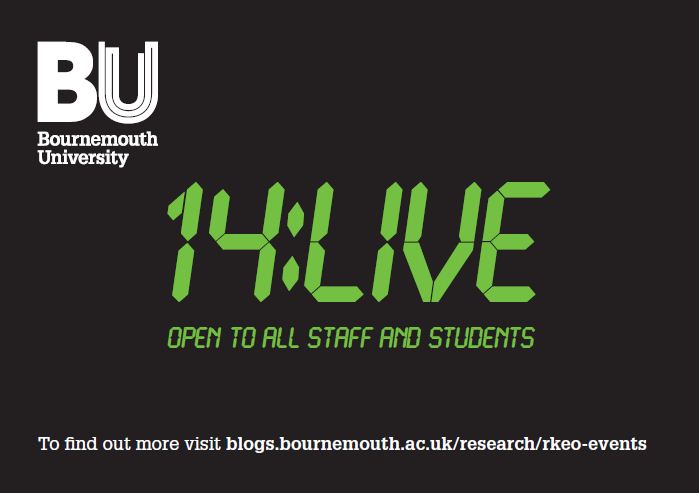
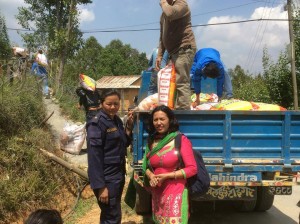
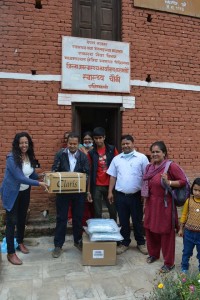























 SPROUT: From Sustainable Research to Sustainable Research Lives
SPROUT: From Sustainable Research to Sustainable Research Lives BRIAN upgrade and new look
BRIAN upgrade and new look Seeing the fruits of your labour in Bangladesh
Seeing the fruits of your labour in Bangladesh Exploring Embodied Research: Body Map Storytelling Workshop & Research Seminar
Exploring Embodied Research: Body Map Storytelling Workshop & Research Seminar Marking a Milestone: The Swash Channel Wreck Book Launch
Marking a Milestone: The Swash Channel Wreck Book Launch ECR Funding Open Call: Research Culture & Community Grant – Application Deadline Friday 12 December
ECR Funding Open Call: Research Culture & Community Grant – Application Deadline Friday 12 December MSCA Postdoctoral Fellowships 2025 Call
MSCA Postdoctoral Fellowships 2025 Call ERC Advanced Grant 2025 Webinar
ERC Advanced Grant 2025 Webinar Update on UKRO services
Update on UKRO services European research project exploring use of ‘virtual twins’ to better manage metabolic associated fatty liver disease
European research project exploring use of ‘virtual twins’ to better manage metabolic associated fatty liver disease